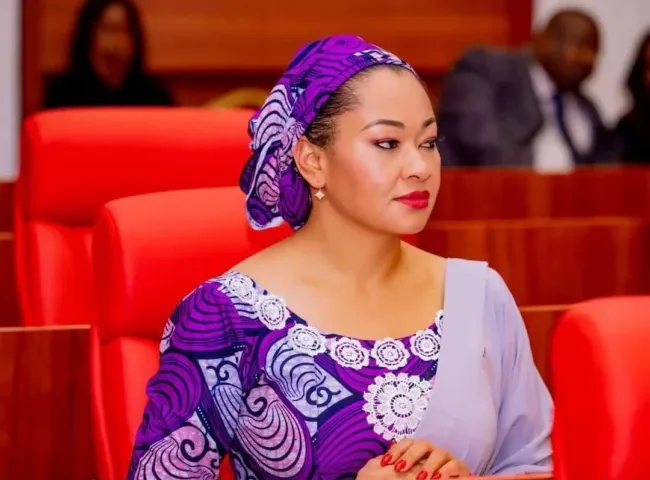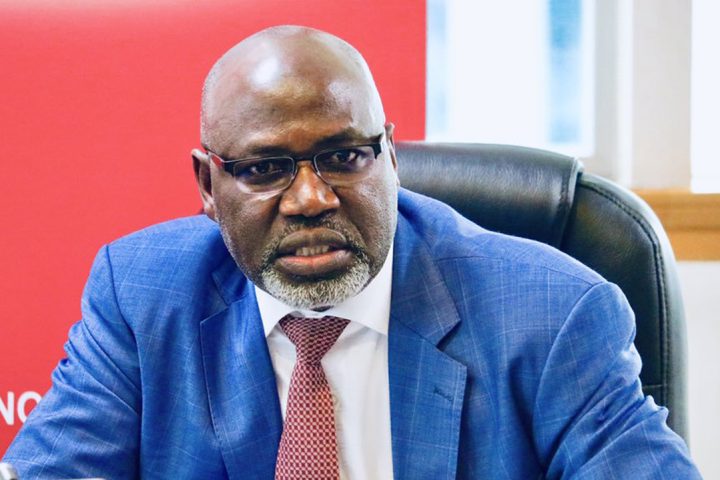As reactions continue to trail the signing into law of the Petroleum Industry Act (PIA) by President Muhammadu Buhari, a group of civil society organizations have expressed concern that provisions of the law pay no attention to addressing climate change issues in Nigeria.
This was disclosed in a joint statement issued at a media briefing on State of the Environment at Port Harcourt by the Environmental Rights Action/Friends of the Earth Nigeria (ERA/FoEN ) and Health of Mother Earth Foundation (HOMEF).
Join our WhatsApp ChannelPart of the climate change issue currently being tackled globally is gradual transition from the use of fossil fuel to a more environmentally sustainable form of energy resources. Hence, the Fossil Fuel Non-proliferation Treaty and other sustainable energy policy measures already set in place globally in the drive for energy transition.
The ERA/FoEN and HOMEF noted that provisions of the PIA expresses no intention of making Nigeria transit from dependence on fossils, rather, it makes provisions for more investments in the exploration and production of crude oil.
“Sadly, it is noteworthy that the entire PIA expresses no intention for moving Nigeria away from dependence on fossils. At a time when the world is moving away from crude oil, the PIA plans to make more investments in that regard.
They noted that such is an indication that the government is not paying attention to issues of global warming and climate change even when the country is feeling the impact of the scourge.
“This indicates that the government is not keeping in tandem with global trends and unperturbed by concerns of global warming and climate change.
“Ironically, Nigeria is emerging as one of the most impacted countries globally by the effects of climate change. The shrunken Lake Chad, increased desertification and the regular floods around the Atlantic coast are ready evidences.
“That the PIA pays no heed to issues of climate change, despite Nigeria’s NDCs (Nationally Determined Contributions), and aims to plunge the country further into fossil extraction is a major source of concern.
They observed that rather than make provisions for investment in clean energy and address issues of pollution and neglect of host communities, the PIA reinforces old industry policies that do not aid progress.
On the issue of host communities trust addressed in the PIA, the civil society groups pointed out that not only that the provision for 3 percent of oil company’s operation cost earmarked for oil host communities development is poor, it also means that the concerns of host communities are still not considered.
They called for adoption of sound policies and actions to protect the environment and due regard for the rights of indigenous people of oil extracting communities.
“We shall continue to advocate for the protection of the environment as well as the respect of the rights of indigenous people of oil extracting communities,” they stated.
PIA provides legal, governance, regulatory and fiscal framework for the Nigerian petroleum industry, the development of host communities and other related matters.
Victor Ezeja is a passionate journalist with six years of experience writing on economy, politics and energy. He holds a Masters degree in Mass Communication.



















Follow Us